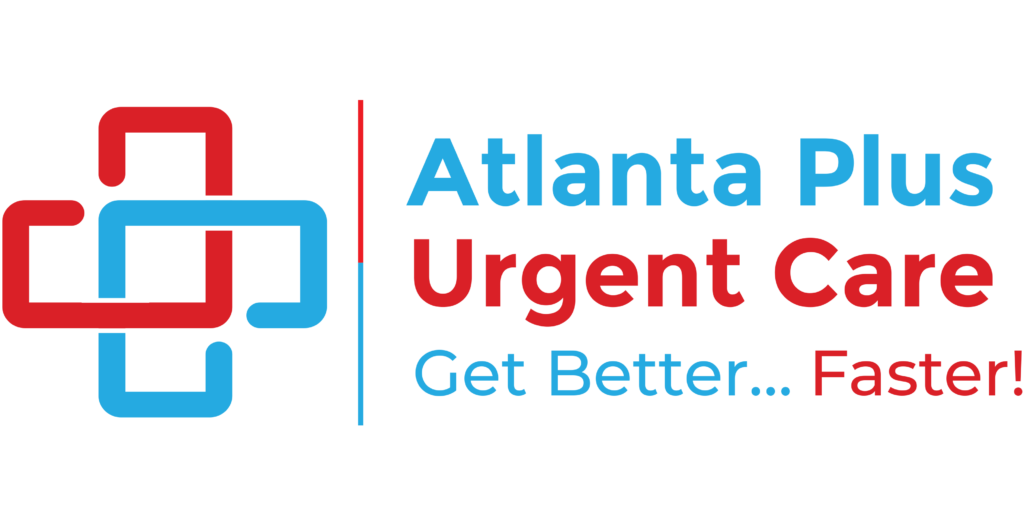How worried should I be about back pain?
Do not assume the worst. Almost everyone gets back pain at some point. Low back pain can be scary. But even when the pain is severe, it usually goes away on its own within a few weeks. See your doctor or nurse if you have back pain and you:
- Recently had a fall or an injury to your back
- Have numbness or weakness in your legs
- Have problems with bladder or bowel control
- Have unexplained weight loss
- Have a fever or feel sick in other ways
- Take steroid medicine, such as prednisone, on a regular basis
- Have diabetes or a medical problem that weakens your immune system
- Have a history of cancer or osteoporosis
You should also see a doctor if:
- Your back pain is so severe that you cannot perform simple tasks
- Your back pain does not start to improve within 4 weeks
What causes low back pain?
Many different things can cause low back pain. Most of the time, doctors do not know the exact cause. Back pain can happen if you strain a muscle. This is often what has happened when a person “throws out” their back. This refers to pain that starts suddenly after physical activity, like lifting something heavy or bending over. Back pain can also happen if you have:
- Damaged, bulging, or torn discs
- Arthritis affecting the joints of the spine
- Bony growths on the vertebrae that crowd nearby nerves
- A vertebra out of place
- Narrowing in the spinal canal
- A tumor or infection (but this is very rare)
Should I get Imaging?
Most people do not need an imaging test such an X-ray, CT scan, or MRI. Most cases of back pain go away a few weeks. Doctors usually do not order imaging tests unless there are signs of something unusual.
How is back pain treated?
Most people with an episode of low back pain do not have a serious medical problem, and can try simple treatments such as:
- Staying active – The best thing you can do is to stay as active as possible. People with low back pain recover faster if they stay active. If your pain is severe, you might need to rest for a day or 2. But it’s important to get back to walking and moving as soon as possible. While you should avoid heavy lifting and sports while your back hurts, try to keep doing your normal daily activities.
- Heat – Some people find that it helps to use a heating pad or heated wrap. Be careful to avoid high heat settings to prevent skin burns.
- Medicines – First, you can try pain medicines that you can get without a prescription. In many cases, doctors suggest first trying a nonsteroidal anti-inflammatory drug, or “NSAID.” NSAIDs include ibuprofen(sample brand names: Advil, Motrin) and naproxen(sample brand name: Aleve). These might work better than acetaminophen (sample brand name: Tylenol) for back pain.
If non-prescription medicines do not help, let your doctor or nurse know. In some cases, doctors prescribe a medicine to relax the muscles (called a “muscle relaxant”). But keep in mind that muscle relaxants are not generally used in people older than 65. In older people, these medicines can cause side effects such as trouble urinating or confusion.
- Treatments to help with symptoms – Some treatments might help you feel better for a little while. They include:
- Spinal manipulation – This is when a chiropractor, physical therapist, or other professional moves or “adjusts” the joints of your back. If you want to try this, talk to your doctor or nurse first.
- Acupuncture – This is when someone who knows traditional Chinese medicine inserts tiny needles into your body to block pain signals.
- Massage – A massage therapist massages the muscles and other soft tissues in your back.
While back pain usually goes away within a few weeks, some people do continue to have pain for longer. Having back pain can be frustrating and scary. But it can help to know that doing these things can lower your risk of having another episode. If you need to be seen, please make an appointment at www.atlantapuc.com or call 8332567311.
